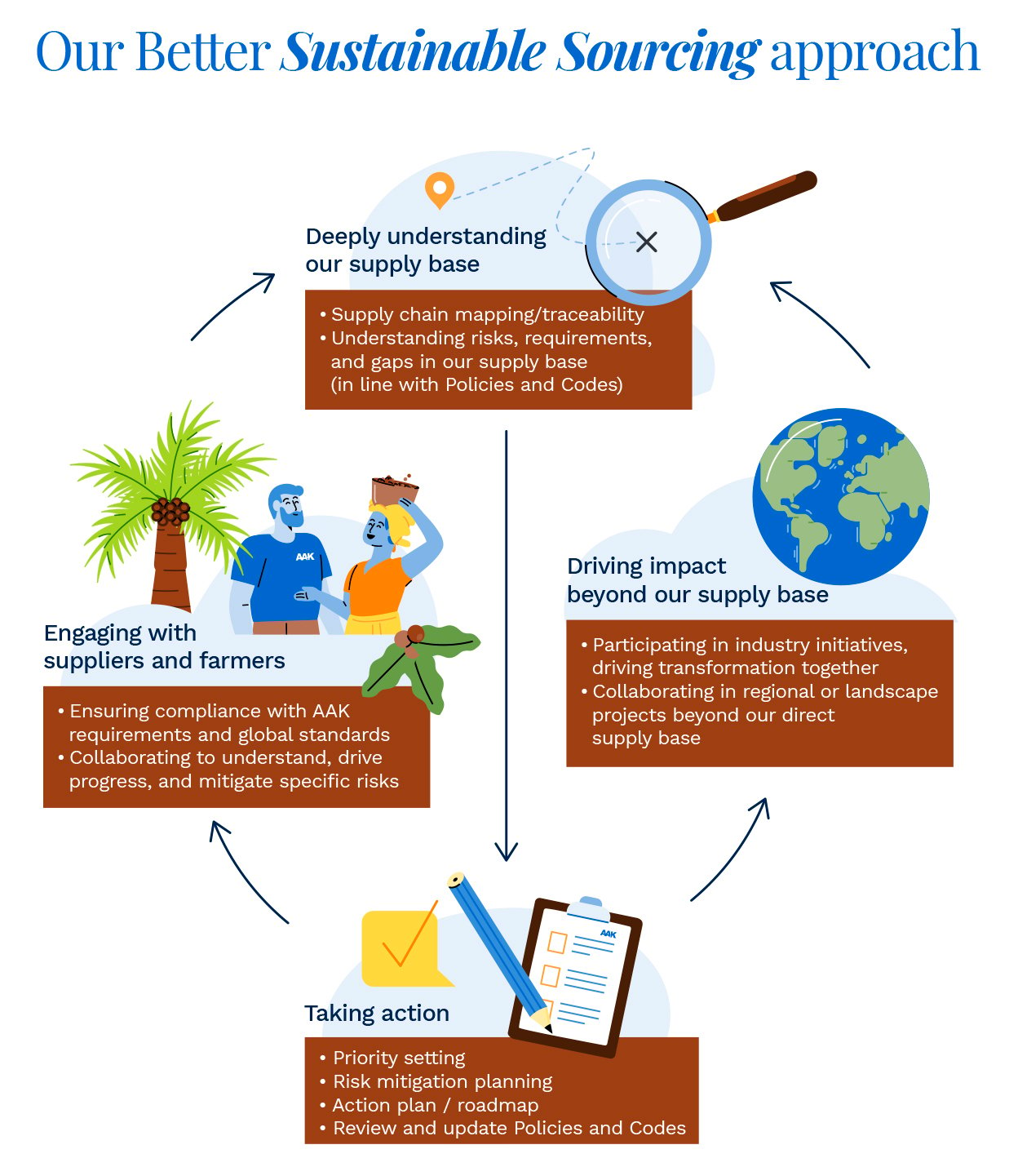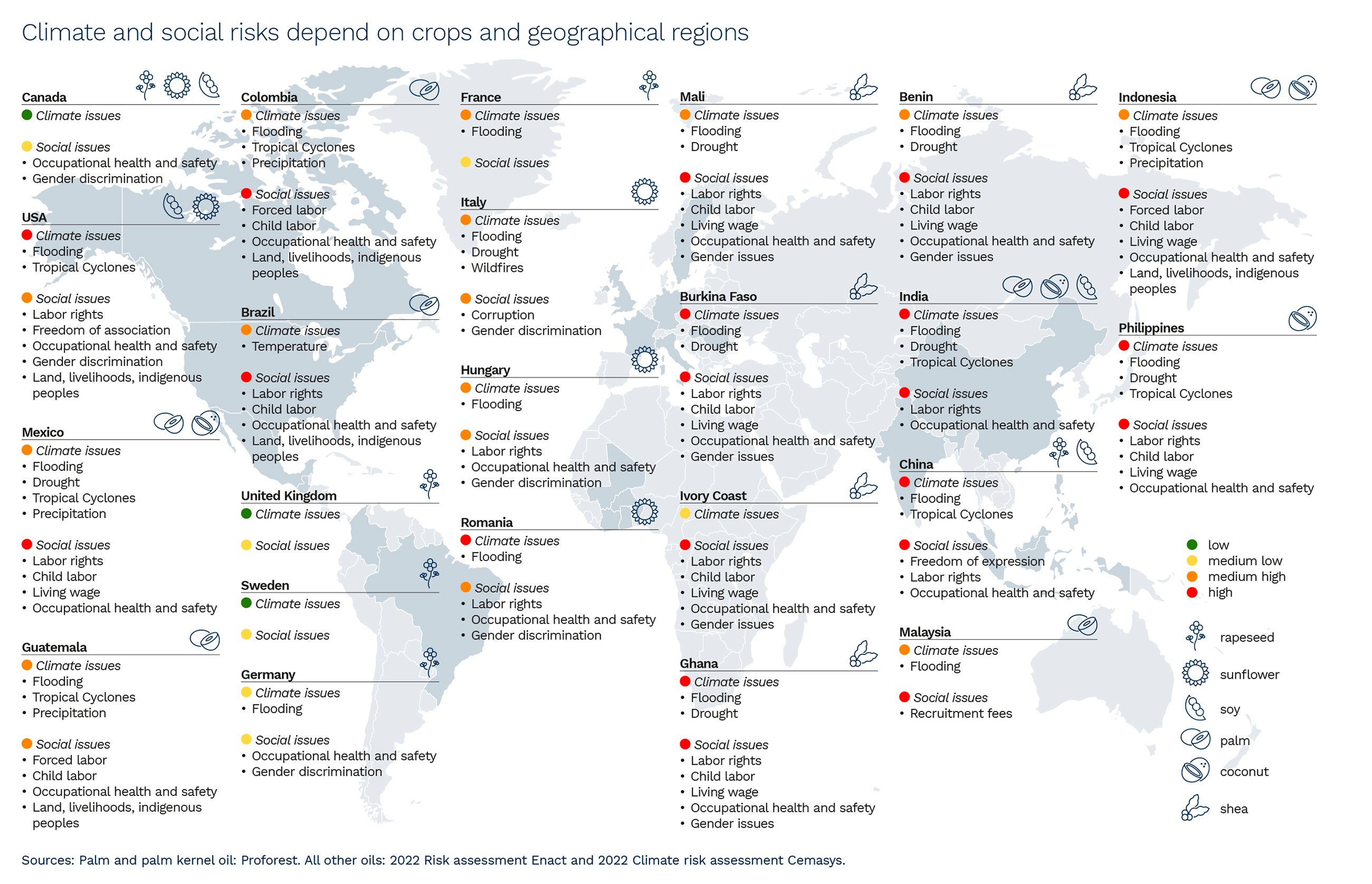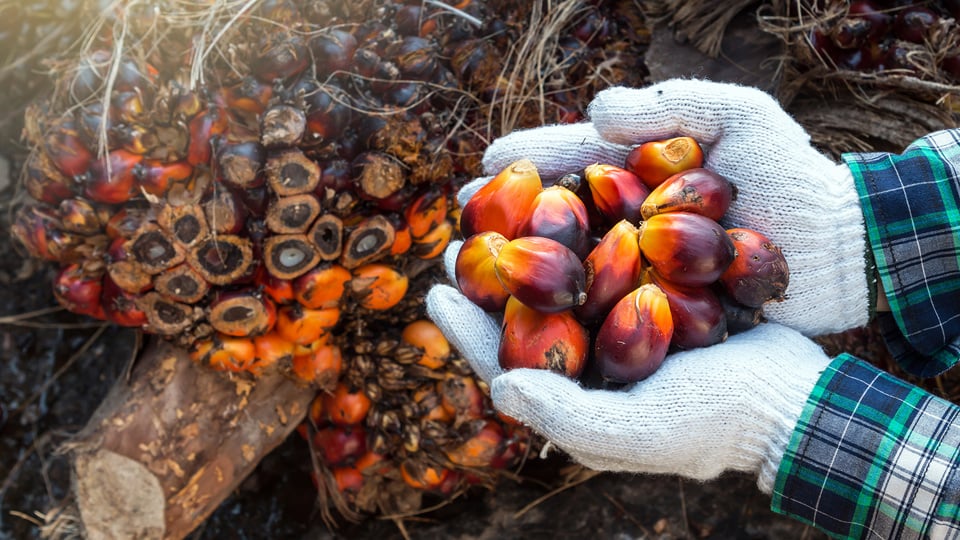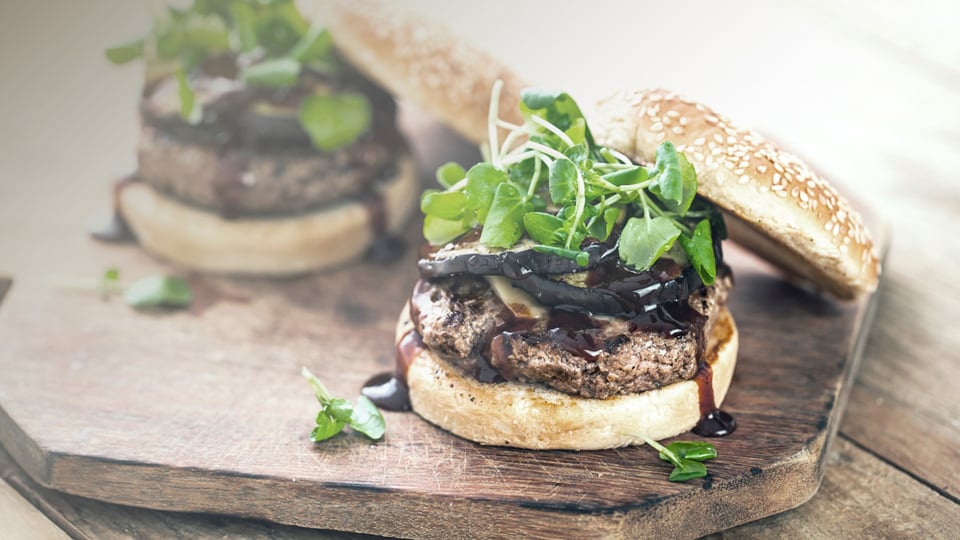At AAK, we have the same better sustainable sourcing approach for all our key raw materials. It is our aim to fully integrate sustainability in our way of working across the global teams that are responsible for sourcing raw materials, for shipping, logistics, and with customers. In this way, we help connect our customers’ brands to the plants which supply the raw materials.
Our model
To maximize our impact on the raw material industries, and to work in a holistic way with the challenges we face, we engage with our supply chains by applying our better sustainable sourcing approach:







